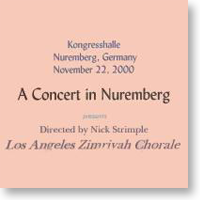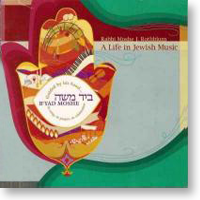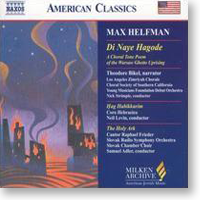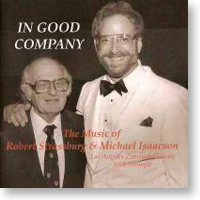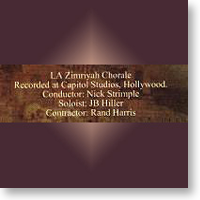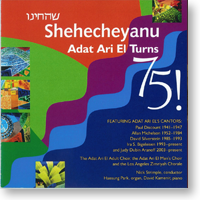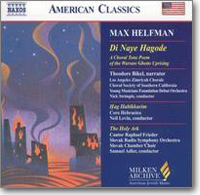 Los Angeles Zimriyah Chorale, formed for a single concert, is still humming years later.
Los Angeles Zimriyah Chorale, formed for a single concert, is still humming years later.
By Hector Becerra, Times Staff Writer
Esther Hess has a story--a moment of ancestral significance at an old concentration camp in the former Czechoslovakia--that explains the power of the Los Angeles Zimriyah Chorale, and why a group formed for a lone performance is now in its fourth year.
It was 2000. Hess was touring with the chorale. The highlight of the trip was to be its performance of Leonard Bernstein's "Kaddish" with other choirs and orchestras at Nuremberg, Germany.
But along the way, the chorale went to Terezin to perform the songs of Victor Ullman, a composer who was imprisoned at the concentration camp there and later died in the Holocaust. The singers were taken to the camp. It was a moment Hess both desired and dreaded: She was not the first singer in her family to be there.
Hess' father, Leon Cytryn, had been imprisoned at Terezin by the Nazis half a century before. Cytryn had a gift for singing, honed in a synagogue choir.
One day, a Nazi official asked, "Who sings?"
Entertaining the captors promised a sliver of hope--or at least extra rations--but Cytryn was shy and he didn't budge, his daughter said.
"He had a boyfriend who didn't sing a word, but he knew my dad sang. This friend lifted his own hand and kind of nudged my dad's hand up. It got them into the choir.
"My dad sang, and his friend's mouth moved," she continued. "They both survived."
When the L.A. chorale performed in Terezin, said Hess, 44, "I felt that I sang with the souls of those who died. To know my father's singing kept him alive.... It was just a very strong connection."
The choir was formed in 1998 to perform the music of Los Angeles Jewish composers in that year's Zimriyah Choral Festival at Hebrew University in Jerusalem.
The members--most of them professionals, including teachers, lawyers, doctors and, in Hess' case, a child psychologist--were so moved by a sense of pride that they decided to stay together.
The group now includes about 48 singers, among them a 17-year old high school student and an 80-year-old gentile. When they travel, they pay their own expenses.
The chorale will perform at a Passover-themed concert featuring the Los Angeles Jewish Symphony Sunday at Beverly Hills High School. The concert, titled "Celebrate Freedom," will feature a performance of the late Ernest Toch's "Cantata of the Bitter Herbs," a musical retelling of the Jews' flight from Egypt.
Some choir members said singing in the chorale reawakened an appreciation of their culture.
"This has given me a love of Judaism that I didn't have before," said J.B. Hiller, 54, a computer programmer who lives in Santa Clarita.
As a young man raised on the Lower East Side of Manhattan, Hiller's experience with Jewish music was mostly limited to staid chants in Orthodox synagogues. Early on, he sang in Christian choirs. "The advantage was that Christians had Bach and Mozart. I wasn't even aware of any great Jewish composers."
He eventually joined a Jewish choir in Baltimore, but it wasn't until Hiller came to Los Angeles and joined a now-defunct Jewish chorale that he began to appreciate the breadth and width of Jewish music--from the liturgical to the secular.
He and other members of that chorale were among the singers who joined L.A. Zimriyah.
"A choir like the Zimriyah provides the Jewish community music they might otherwise not get to hear," said the choir's director, Nick Strimple, 55, a composer.
Strimple, who is not Jewish, studied Czech music as a graduate student at USC and came upon Jewish Holocaust music in his 40s after he was asked by Czech officials to perform the work of a composer at the Terezin concentration camp.
He has become an admirer of Jewish music, even joining the choir at Valley Beth Shalom in Encino. That choir will also perform at tonight's concert.
Once, secular community-based Jewish choral groups such as the Zimriyah were relatively common. Today they are a rarity.
Richard Braun, chairman of the Jewish Music Commission of Los Angeles, which seeks groups to promote Jewish music, thinks the decrease may stem from a decline in anti-Semitism.
"Until very recently, sometime after the second World War, Jews were not welcome in other communal music activities," Braun said. "They had their own choral societies, theatrical groups, music groups.... There's been much more assimilation, which for better or worse, has led to the decline of specific Jewish choral societies."
Among Jewish choral groups, L.A. Zimriyah is one of the relatively few that can perform a broad range of Jewish music at a level good enough to be recorded, Braun said. That dearth sometimes forces the commission to ask university choirs and Christian churches to perform Jewish compositions, he said.
Esther Hess said her love of choral music has seeped into her work with children who are autistic or have Asperger's disorder, an emotional condition that makes them unable to process social cues such as nuances in speech.
"I sing some of my music to them," Hess said. The singing helps the children learn about the nuances of voices--"the differences between anger, happiness, sadness and fear."
For J.B. Hiller, the love of Jewish music has become a family affair. His wife, Mimi, and 27-year-old daughter, Jennifer, both perform in the Zimriyah Chorale. It has also reconciled him with Judaism and his culture.
Disenchanted with religion, which left him uninspired as a young man, Hiller had once vowed to his wife that "if God wanted me to go to a synagogue, he would have to pay me."
"God decided to pay me," Hiller says now, "by letting me sing in a choir."
.

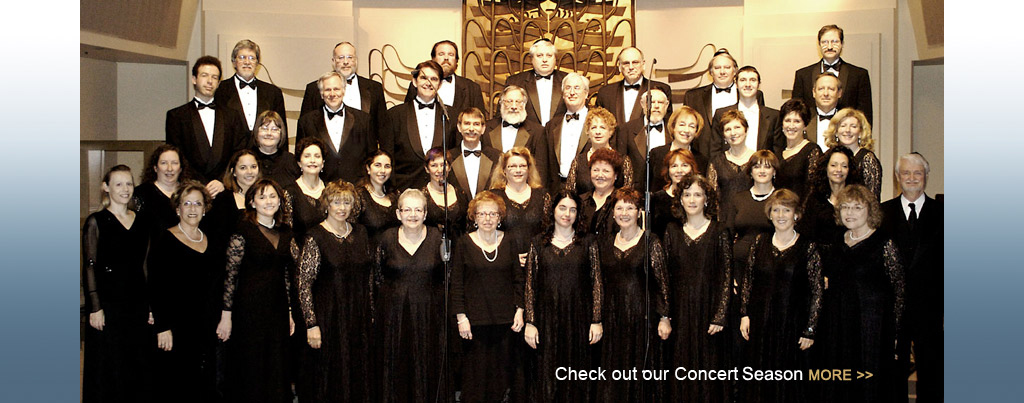
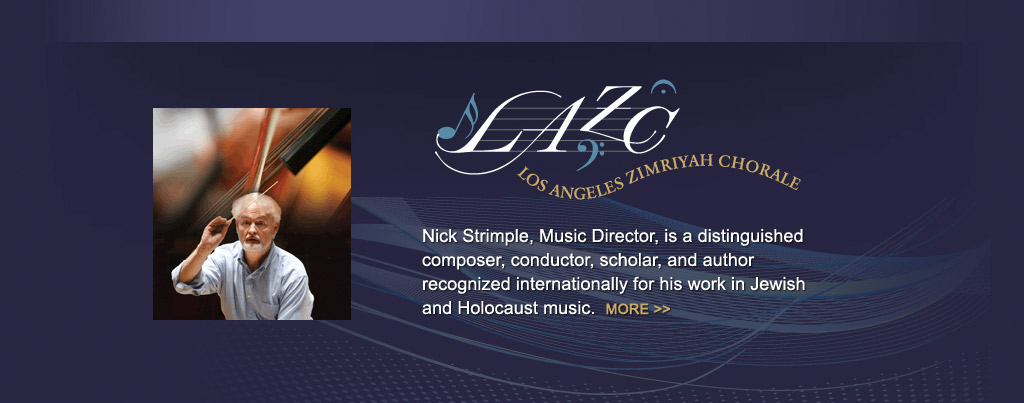
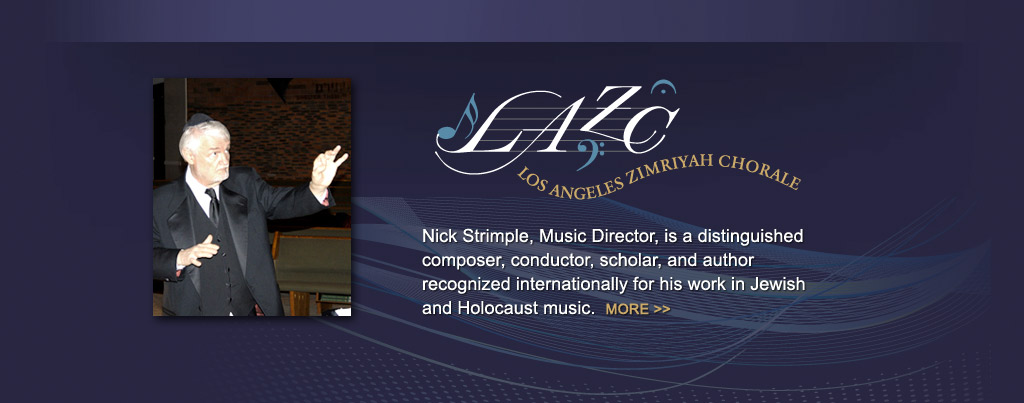
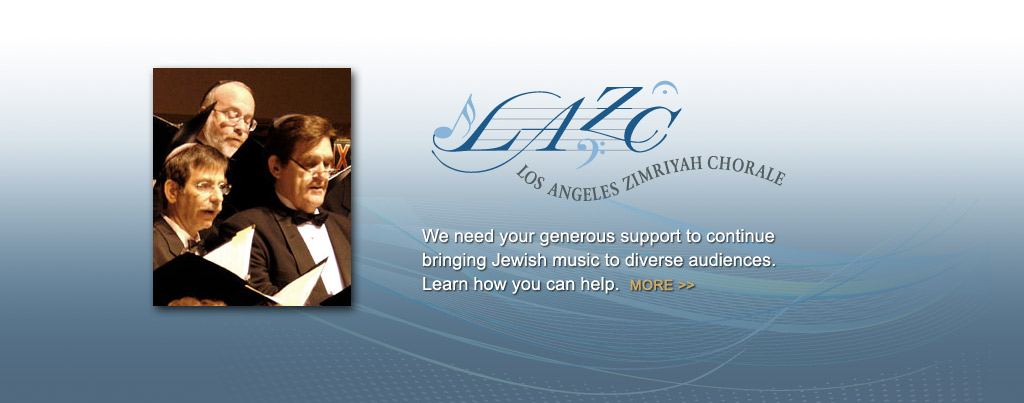
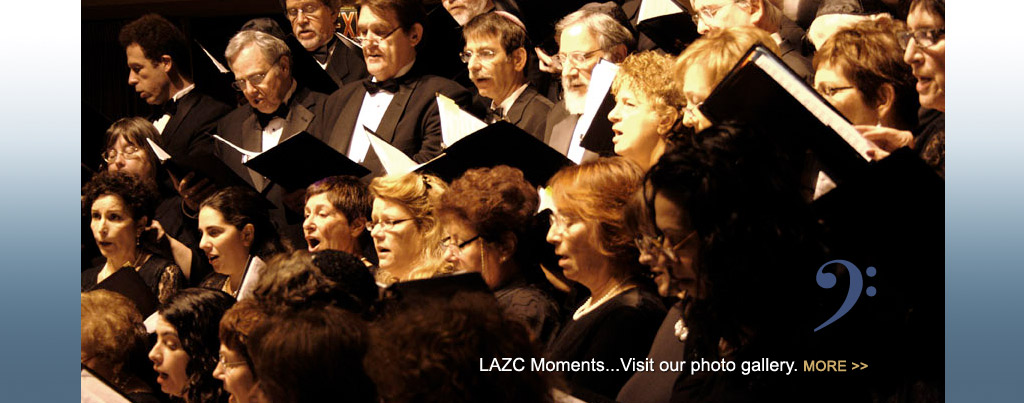
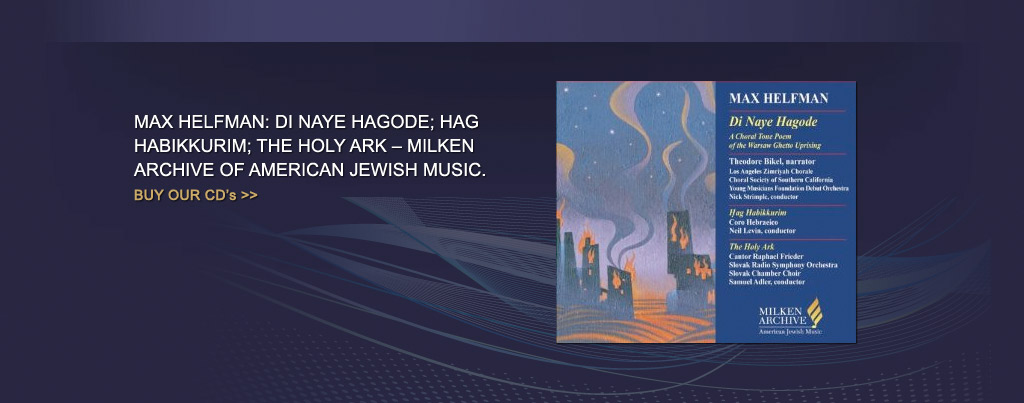
 The Los Angeles Zimriyah Chorale is able to perform as a result of the generosity of many people and organizations. LAZC has received grants from the Jewish Community Foundation of Greater Los Angeles, the Getty Foundation and a number of other organizations and individuals. The singers themselves contribute annually to support and perpetuate this unique choir. Financial support is essential for the LAZC to survive as the only community-based Jewish choir in Southern California.
The Los Angeles Zimriyah Chorale is able to perform as a result of the generosity of many people and organizations. LAZC has received grants from the Jewish Community Foundation of Greater Los Angeles, the Getty Foundation and a number of other organizations and individuals. The singers themselves contribute annually to support and perpetuate this unique choir. Financial support is essential for the LAZC to survive as the only community-based Jewish choir in Southern California. Los Angeles Zimriyah Chorale, formed for a single concert, is still humming years later.
Los Angeles Zimriyah Chorale, formed for a single concert, is still humming years later.